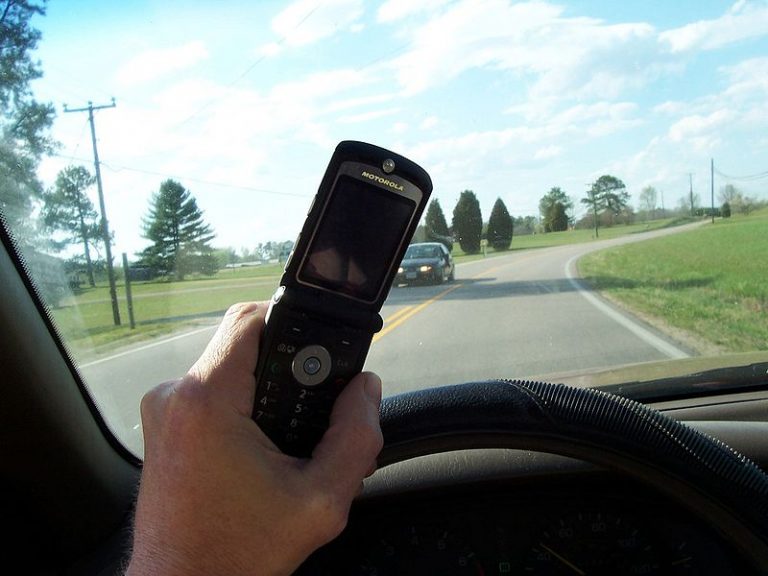Published on July 2, 2018

I was in the car with a friend recently when she pulled up to a stoplight, picked up her phone and replied to a text. I gave her the side eye. What? she glared back. “I only use my phone when we’re stopped.”
“OK, fine,” I said. But, I wondered, is it?
We all know that it’s dangerous to text while driving, but our phones have become overlords that demand our constant attention. In the car, I limit my phone use to things I can do hands-free — talking and listening to preloaded playlists — and assumed this made me safer. But I may be fooling myself. Research has found that when it comes to distracted driving, what your eyes and hands are doing is only part of the issue — what your mind is doing is at least as crucial. Before you can reduce the risks of cellphone use while driving, you need to understand the nature of distraction itself.
But studies that test people in simulators seem to find greater risks from talking on the phone than studies based on real driving patterns using video cameras and recorders, said Brian Johnston, a professor of pediatrics at the University of Washington and former editor-in-chief of the journal Injury Prevention. For instance, the Transportation Department study of real-life trucker data found that talking or listening on a handheld phone didn’t increase the likelihood of being in a crash or having a serious safety issue.
Continue reading at FiveThirtyEight
Originally posted on FiveThirtyEight by Christie Aschwanden